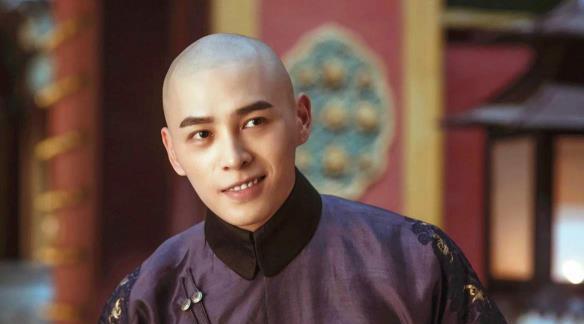In the feudal period, China has formed a perfect hierarchical system of official positions, and the incumbent officials perform their duties and jointly assist the emperor in governing the country well. The selection of these officials is related to the lifeblood of the society, so the top brass attaches great importance to the integration of fresh blood. If you want to become a court official, you must either enter through filial piety or by passing the examination of the Eight Classics. However, in addition to these, in ancient times, there was also a shocking way to enter the career, that is, to buy and sell officials.

Especially in the middle and late Qing Dynasty, the phenomenon of "selling officials and lords" has reached a crazy state, and even the supreme ruler has clearly marked the price of selling official positions. This embarrassing behavior has become the norm in the country, which is really disappointing. However, there are also some people who are curious about this and sell the power of the state, so what is the biggest official position that the Qing government can give? How big are the official positions that ordinary people can buy?
However, although the Qing government sold officials, if any official could be bought, then the imperial court was not chaotic, so there were some hard and fast regulations at the same time as selling officials. The first point is that the officials of the bureaucracy cannot be sold, and as the head of the six ministries, the officials have great powers and responsibilities, and if even the official positions of the bureaucracy can be bought and sold at will, then the entire imperial court will fall into chaos, so the bottom line of the bureaucracy cannot be crossed.
The earliest officials of the Qing Dynasty can be traced back to the fourth year of the Kangxi Dynasty. At that time, the state was initially determined to need a lot of money, so Kangxi ordered that as long as 500 stones of grain or 500 taels of silver were donated to the imperial court, the young could directly go to the highest school, Guozijian, to study, and others who did not want to study could wear flowers and plumes on the top of a nine-pin sesame official, but at that time, this official was of an honorary nature.
The highest official position available to the Qing Dynasty was Zhengsipin, and the price of officials of this level was nearly 17,000 taels of silver. At that time, the highest-ranking official in the Qing Dynasty was only 105 taels of silver per year, and after buying it, he would definitely go to collect wealth vigorously. Over time, the imperial court ran out of money, and naturally it would be requisitioned from the people, so that the peasants' pressure would be greater. Under such corruption, the Qing Dynasty did not take 300 years from the Imperial Taiji period to the later Kangqian prosperous era, and then to the later loneliness. In the late Qing Dynasty, due to the corruption and incompetence of Qing officials, the Qing government was unable to fight back.